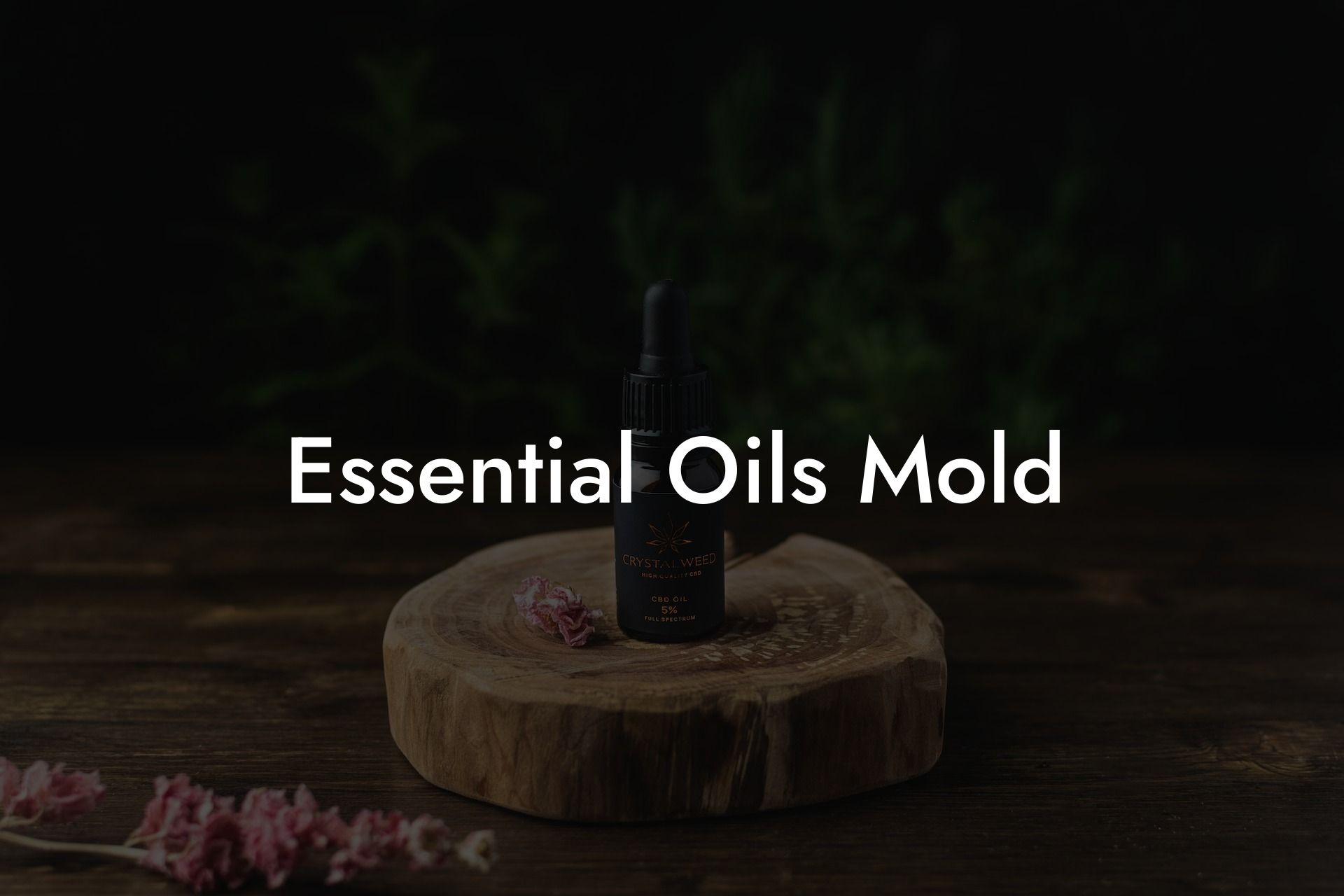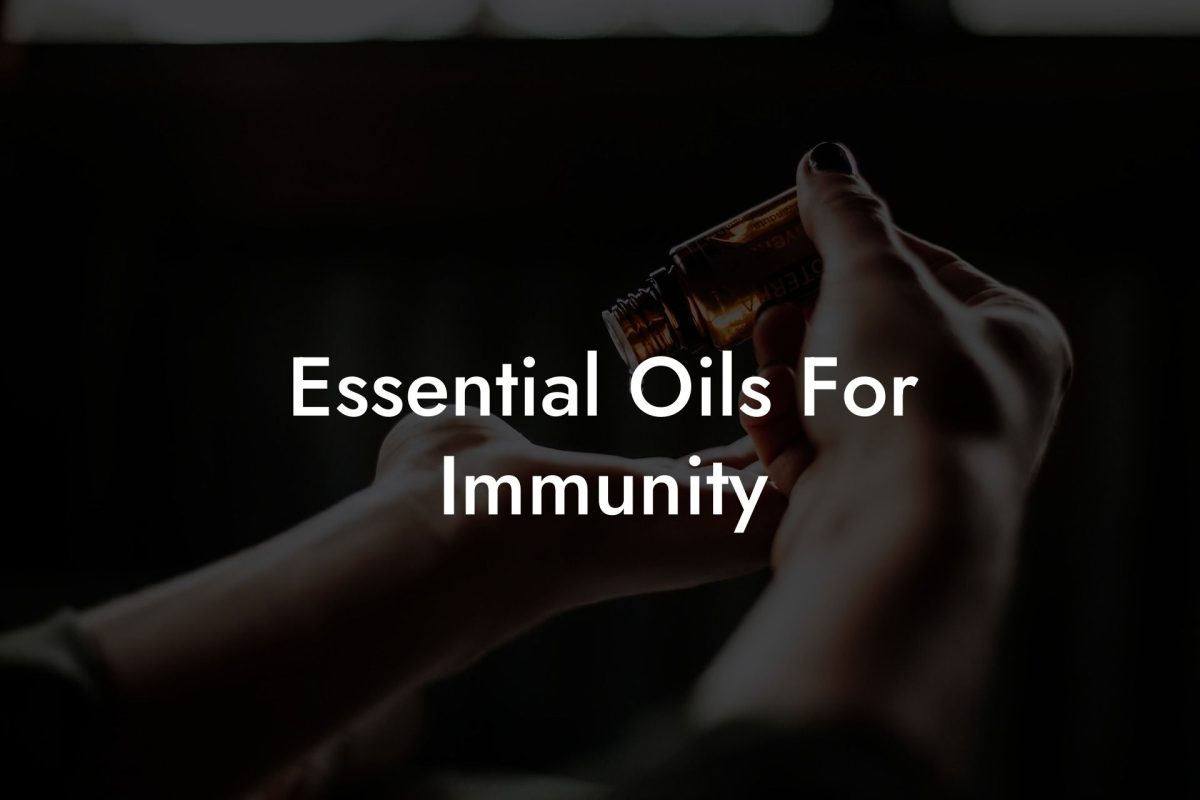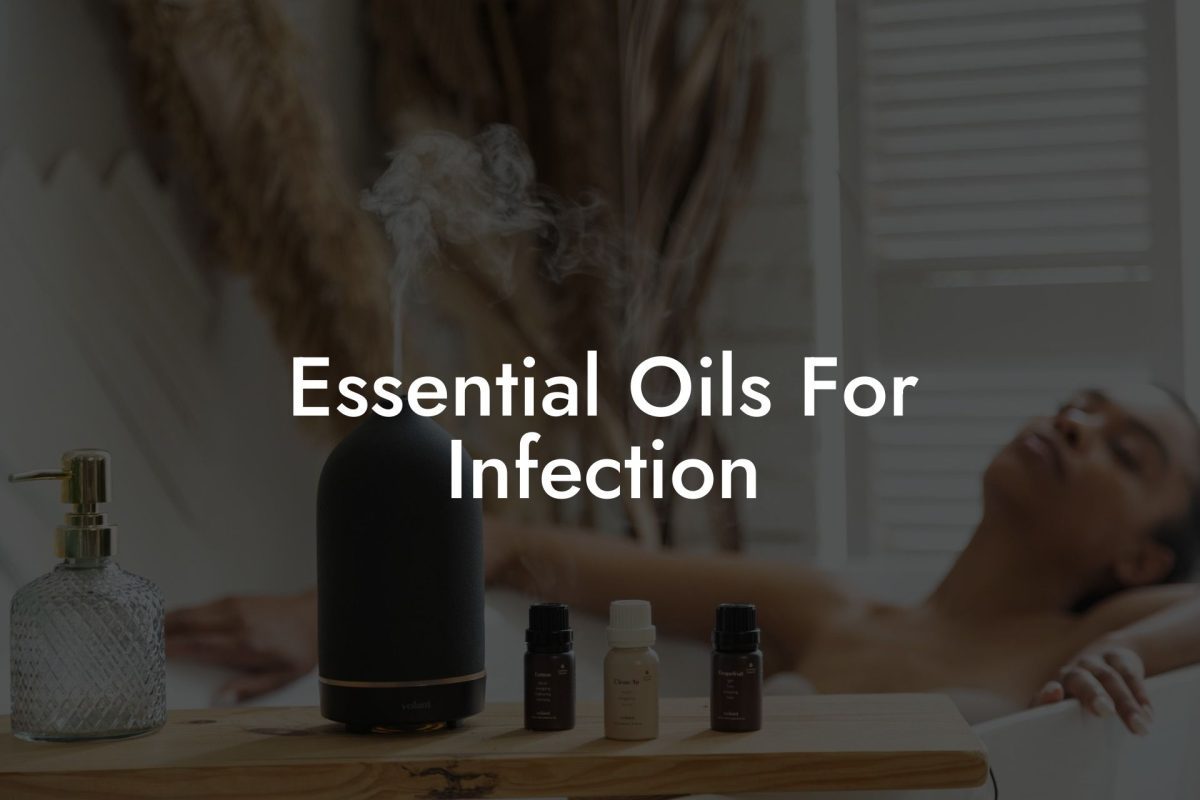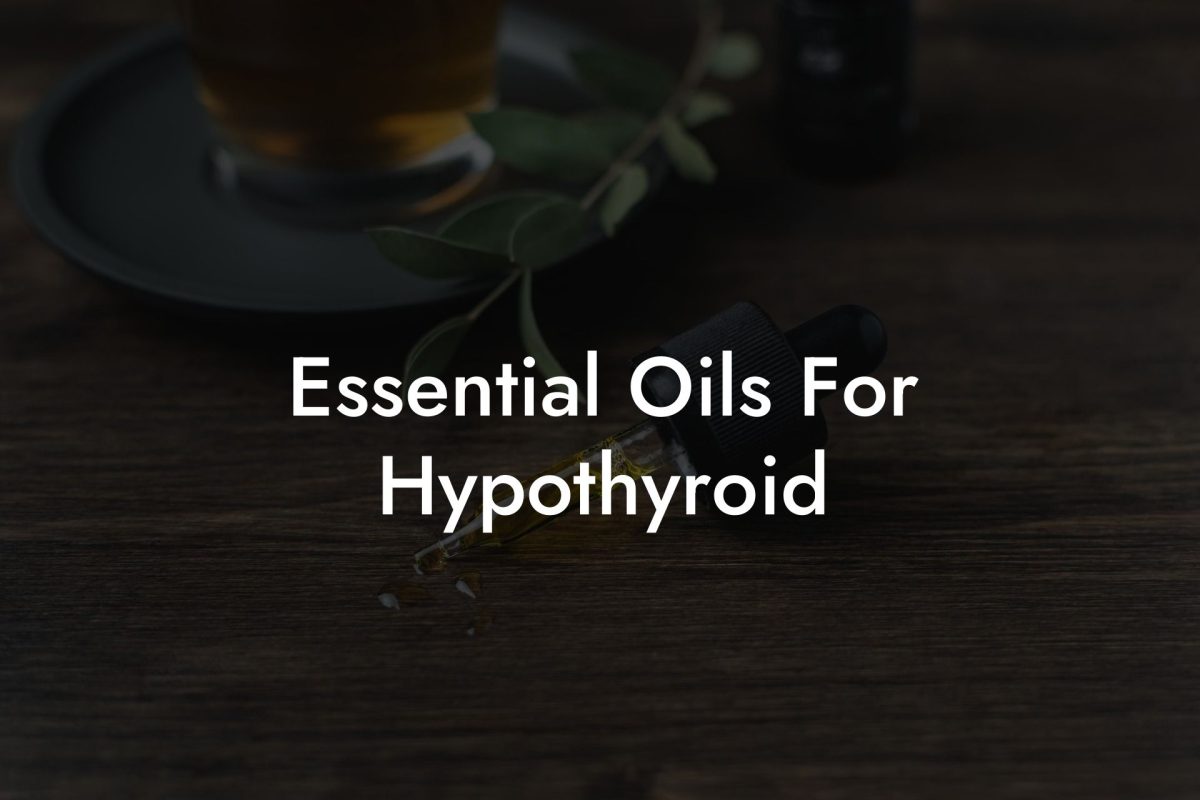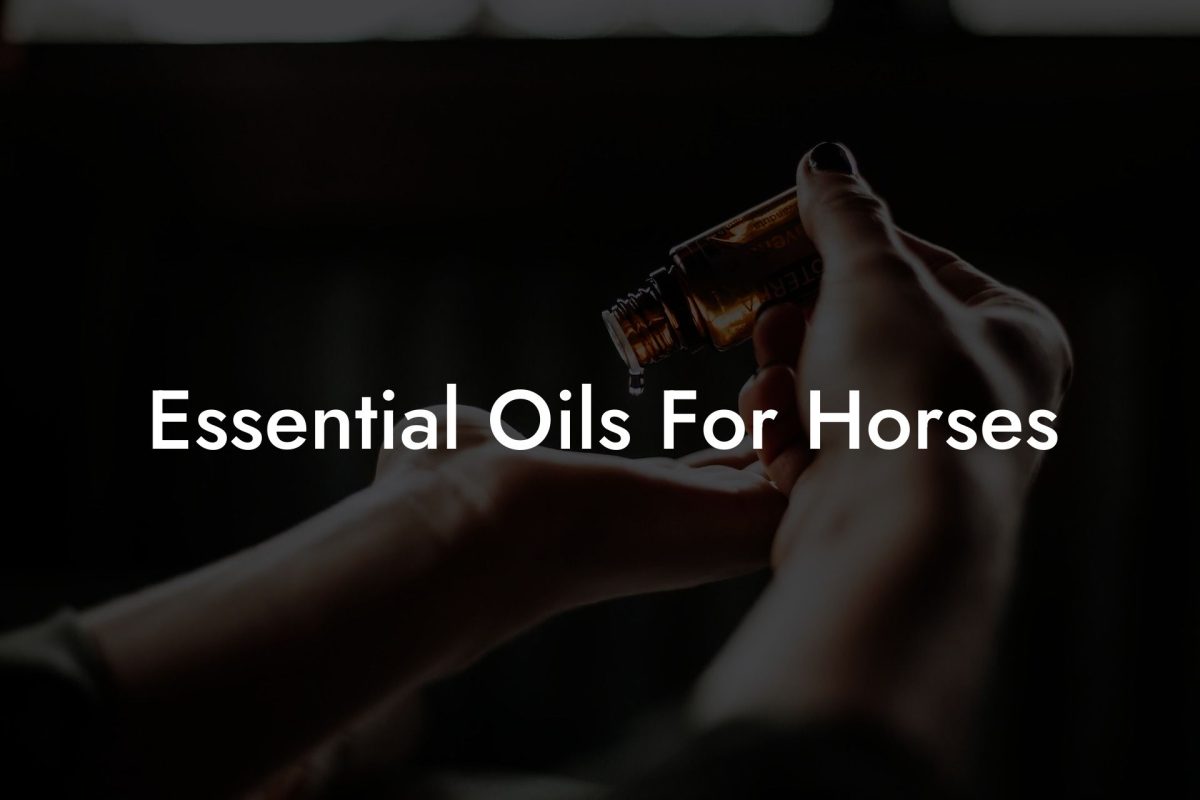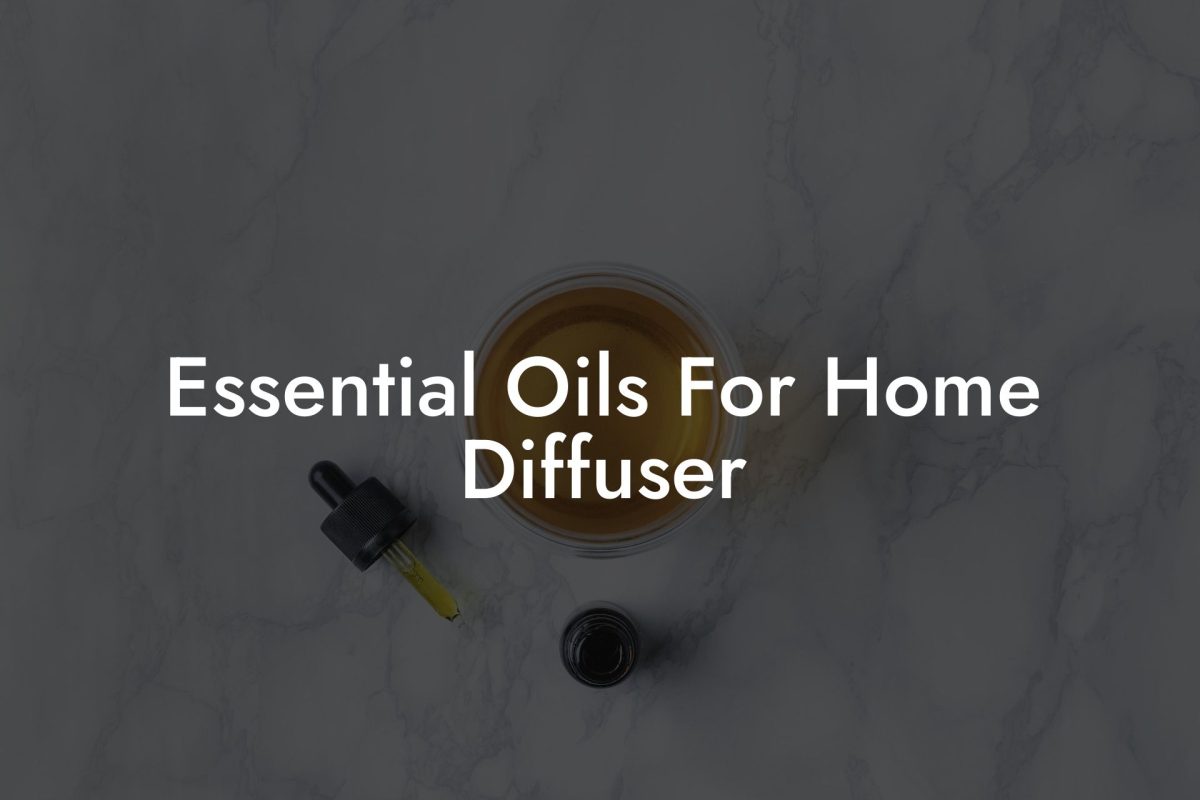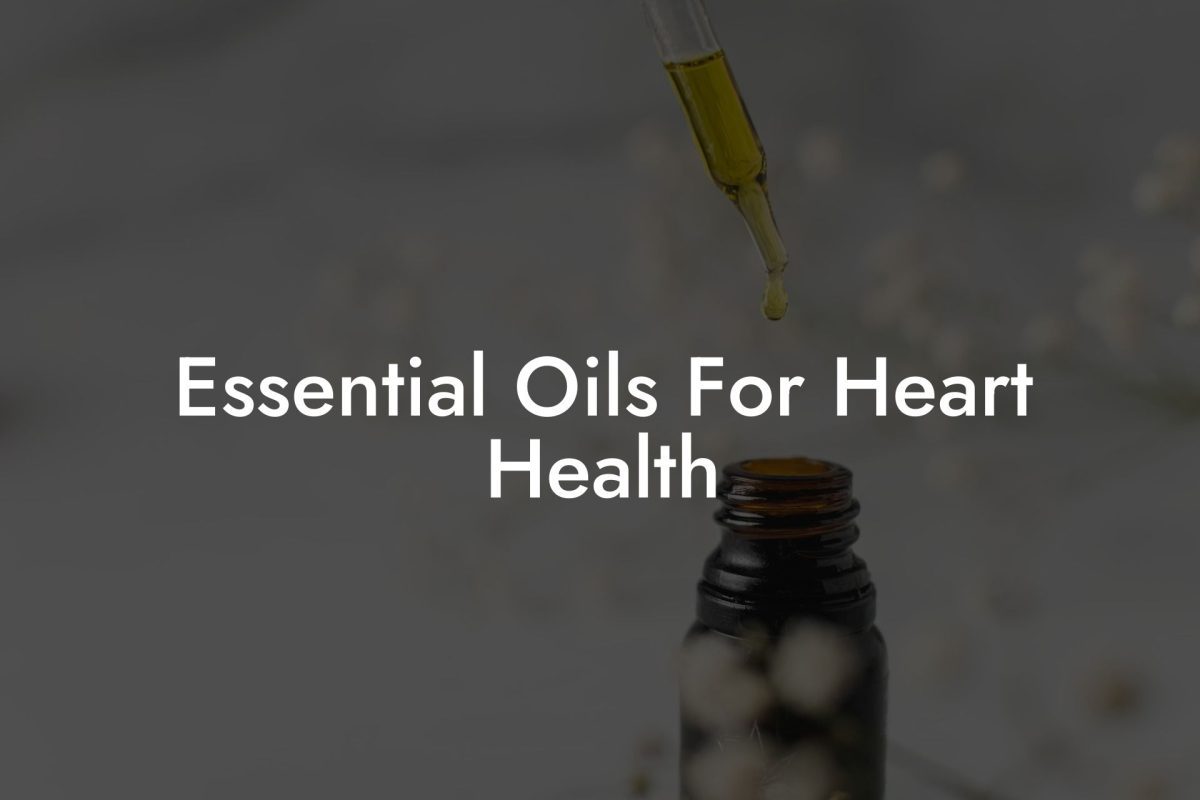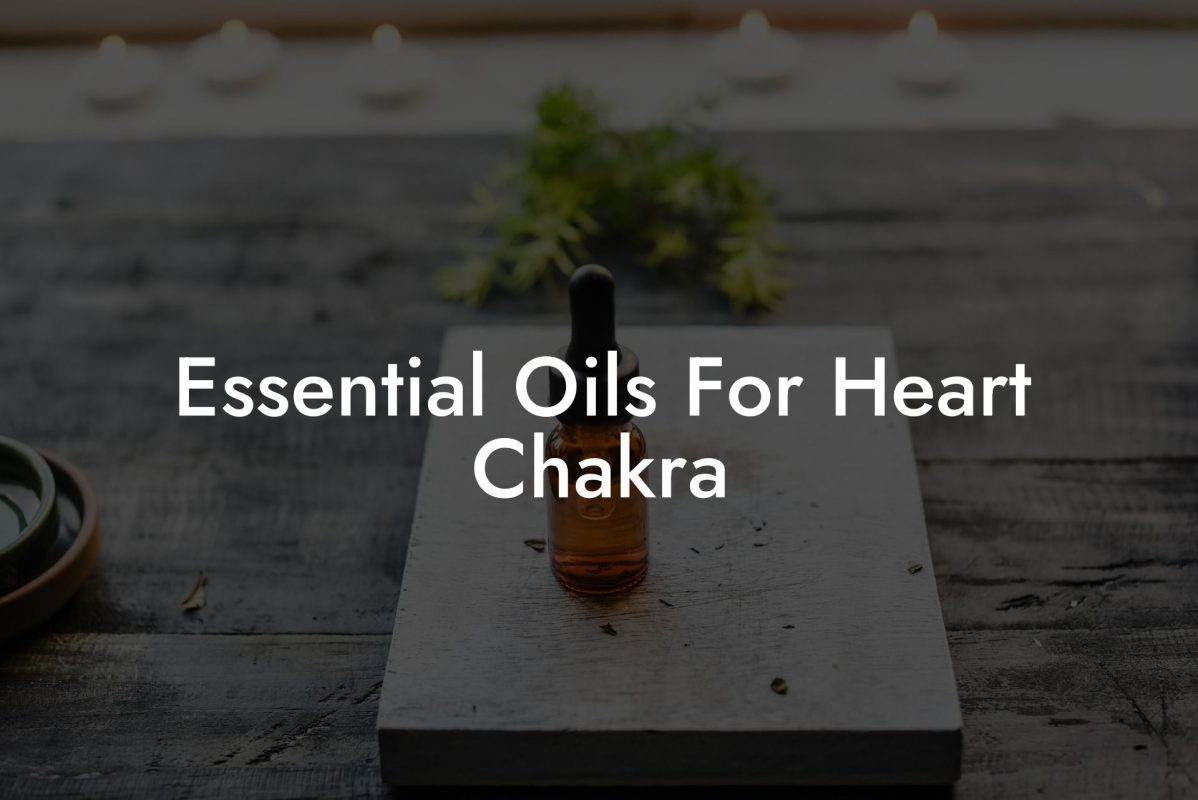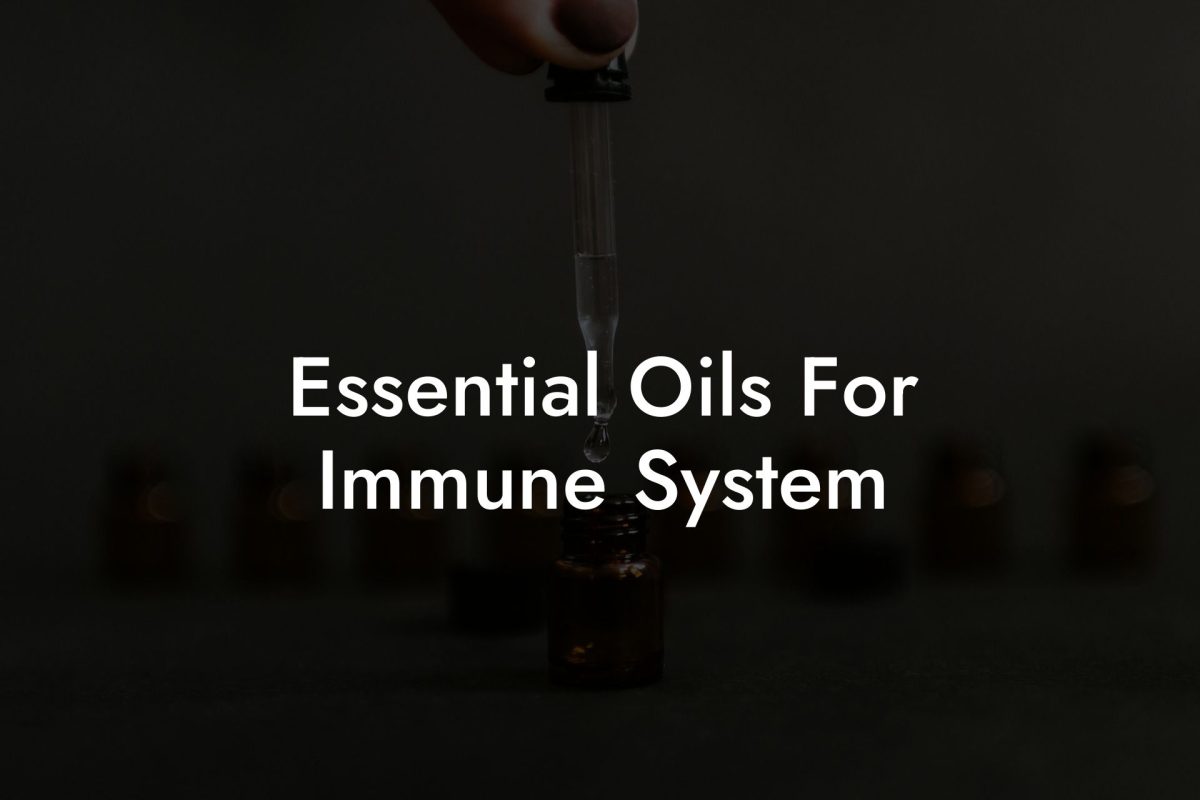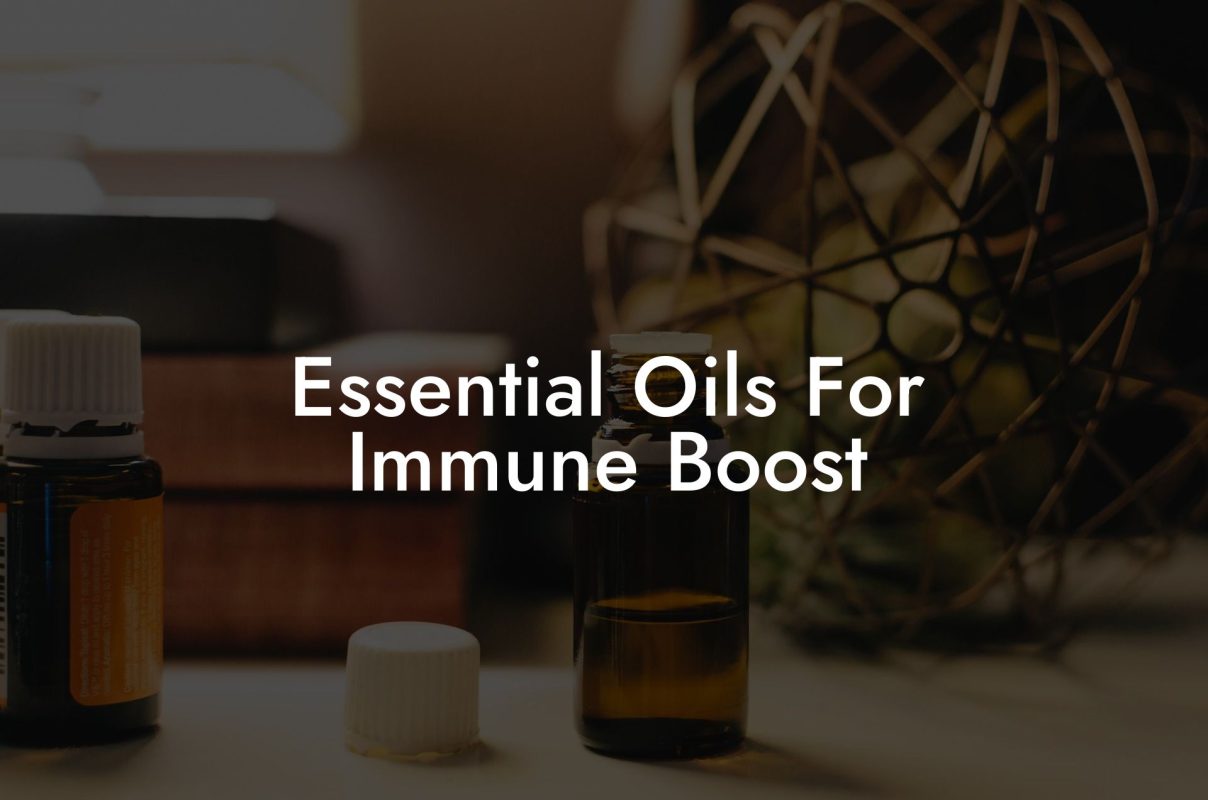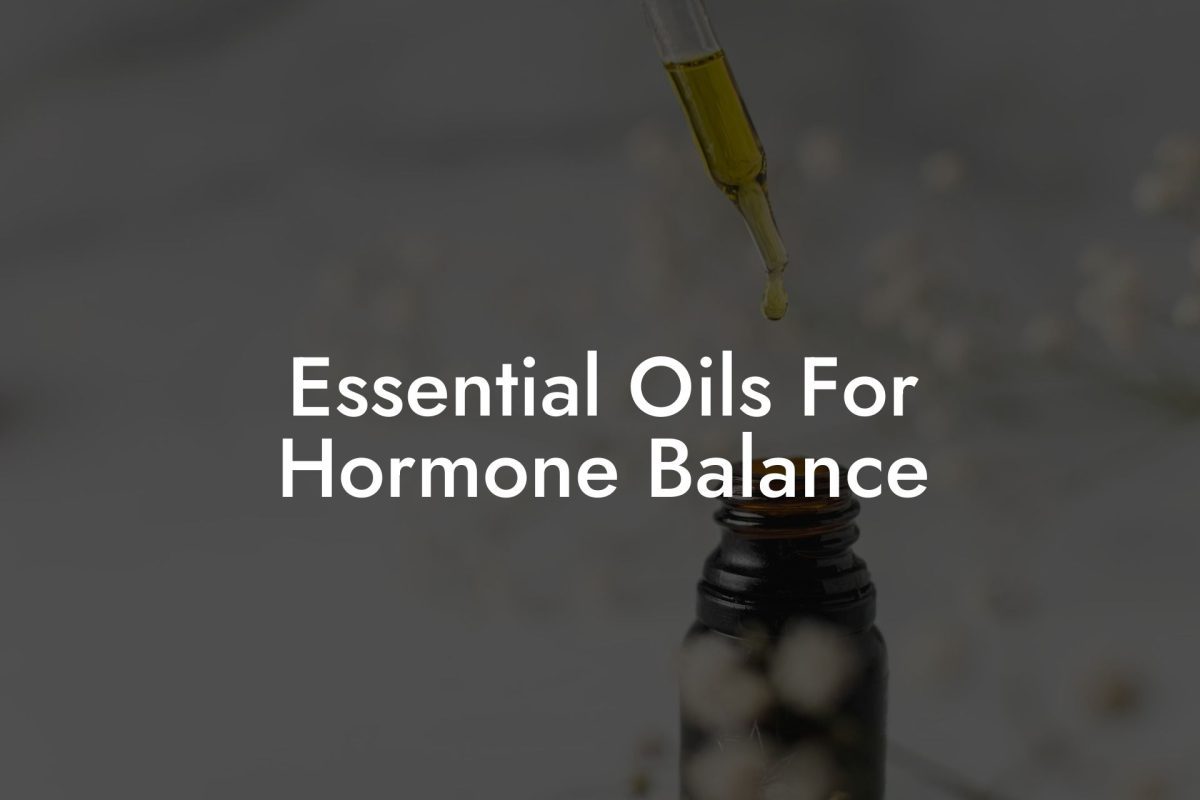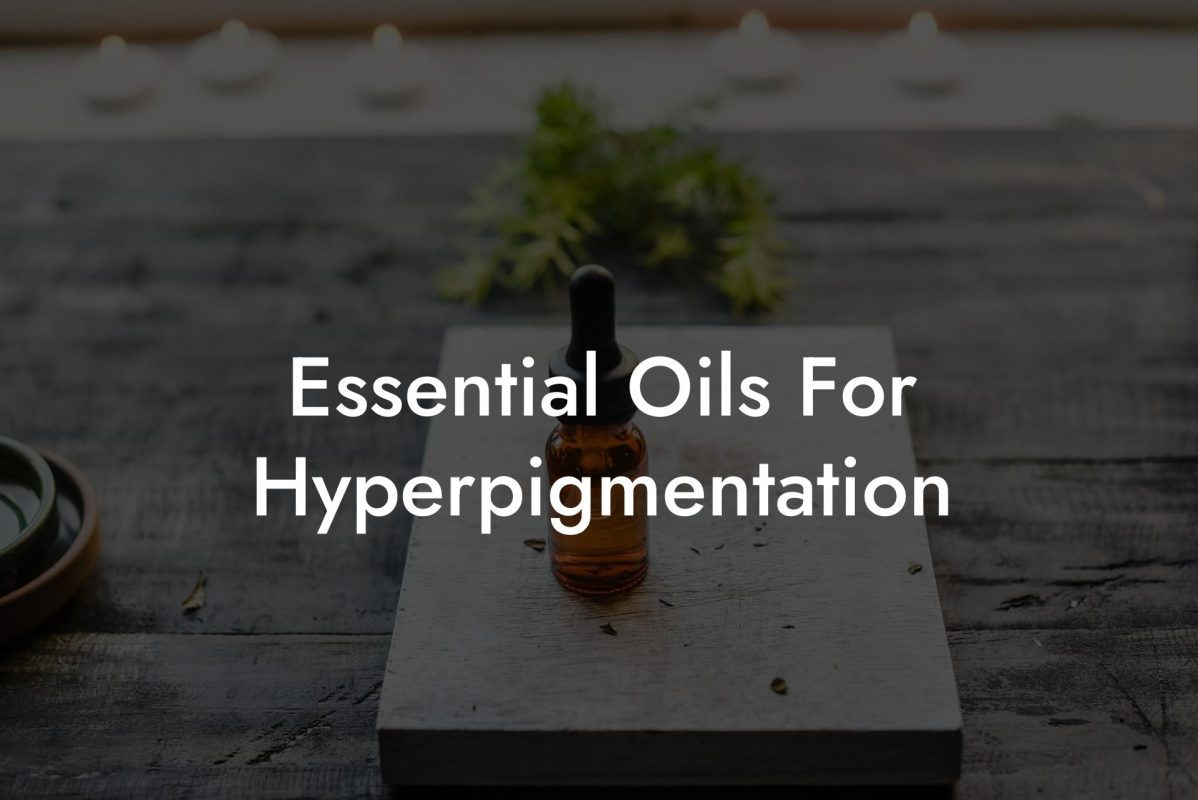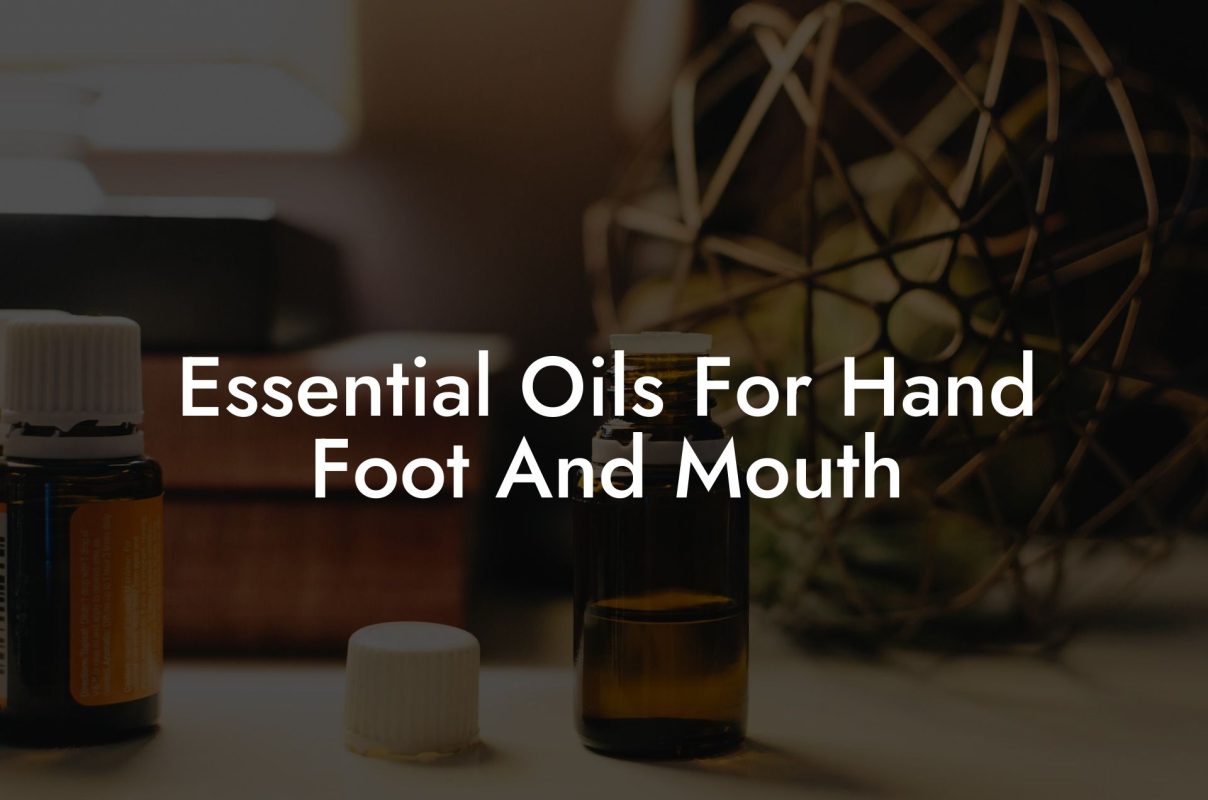Essential oils are a popular and versatile tool in our everyday lives, known for their various wellness benefits and delightful scents. However, the issue of mold has become an increasing concern for essential oil enthusiasts. So let’s dive into the world of essential oils and mold, exploring how to avoid the problem and prevent it from affecting our precious essential oils.
Table of Contents
Understanding Mold in Essential Oils
Mold is a type of fungus that can grow in various areas and conditions, including the surfaces of some essential oils. When mold is present in our essential oils, it can lead to a range of potential health hazards and a complete loss of the oil’s effectiveness.
Why Mold is a Concern for Essential Oils
Mold contaminants in essential oils can lead to negative effects on our health and wellbeing. Mold exposure can cause allergies, respiratory issues, and compromised immune systems. Additionally, using mold-contaminated essential oils may lead to their therapeutic properties being diminished or even completely lost.
Factors Contributing to Mold Growth
There are several factors that contribute to mold growth in essential oils, including:
- Storage conditions: If essential oils are stored in damp, humid, or poorly ventilated spaces, it can create an ideal breeding ground for mold.
- Contaminated packaging: If the bottles or containers storing your essential oils have come into contact with mold or have been improperly cleaned, they can easily transfer mold to the oils.
- Use of impure or low-quality oils: Cheaper, lower quality oils may not have undergone thorough purification processes, which can lead to mold spores being present in the oil from the start.
Preventing Mold Growth in Essential Oils
Proper Storage
Properly storing your essential oils is critical in warding off mold growth. Follow these guidelines:
- Store your essential oils in dark, glass bottles to protect them from sunlight, which can degrade the oil quality and lead to mold growth.
- Avoid storing oils in plastic containers as they can potentially leach harmful chemicals into the oil, increasing mold risk.
- Keep your essential oil bottles tightly capped and stored in cool, dry, and dark areas like cupboards or drawers.
- Avoid leaving essential oil bottles open for extended periods or storing them in damp and humid environments such as bathrooms.
Purchasing High-Quality Oils
Purchasing high-quality essential oils from reputable sources like Oshu Oils ensures that your oils are free from impurities and contaminants, including mold spores. High-quality oils undergo rigorous testing and purification processes to ensure that potential mold spores are eliminated, providing you with oils that are safe to use and maximize their benefits.
Essential Oils Mold Example:
Emily, an essential oil enthusiast, discovered mold growth on the surface of her lavender essential oil. She quickly realized that her decision to store her essential oil collection in her bathroom had contributed to the issue. To prevent further mold growth, Emily moved her essential oil collection to a dry, cool, and dark cabinet in her bedroom. In addition, she decided to exclusively purchase essential oils from reputable sources like Oshu Oils, ensuring that her new essential oils are free of impurities and contaminants.
Now that you’re aware of the issue of mold in essential oils and how to prevent it, you can enjoy the benefits of essential oils confidently, without worrying about health risks. Don’t forget to share this article with fellow essential oil enthusiasts and explore our other guides on essential oils, aromacology, and how Oshu Oils’ range of artisan essential earth oils can help balance your modern lifestyle!

